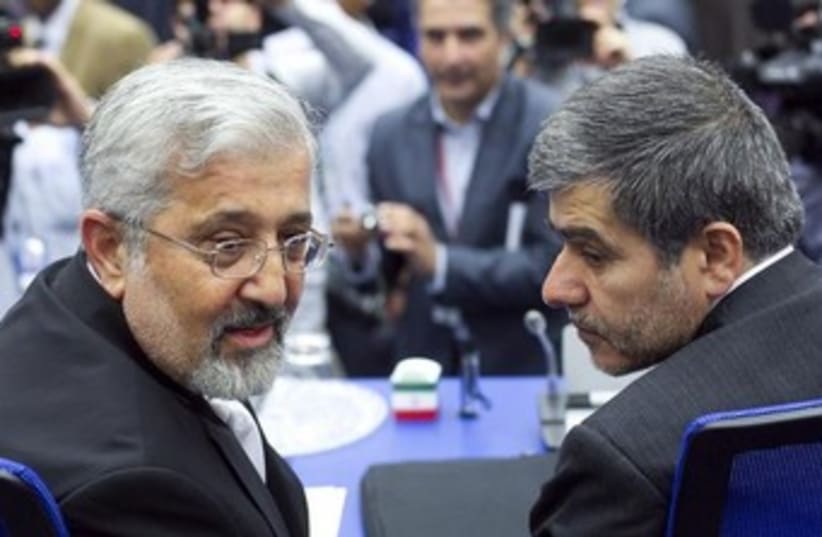Arab states call on Israel to join global anti-nuclear weapons treaty
Iran says Israel's nuclear activities "threaten regional peace and security"; US officials: Nuclear arms-free Middle East will not be a reality until there is Arab-Israeli peace and Iran curbs its program.
